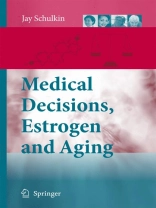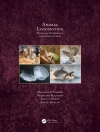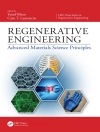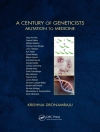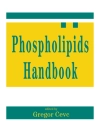If you are a woman between the ages of 45 and 75 and are trying to decide whether to try, or stick with, hormone therapy (HT), or if you are a physician with patients fitting this description, this book is for you – unless you are looking for a simple answer. If you are looking for a simple answer, you can go to the web site of one of the companies that manufactures hormones or makes money by administering hormone therapy (e. g. , Anti Aging Group. com), or you can go to the we bsite of an organization that advocates ‘natural’ aging (e. g. , the Inter National Organization to Reclaim Menopause; Inorm. org). Any impartial advisor, however, is going to admit that the answer isn’t at all clear-cut. Jay Schulkin, I believe the reader will find, is such an impartial advisor, and he is going to take you several steps beyond simply acknowledging the ambiguity; he’s going to educate you about the biology, history, sociology, business, and ethics of hormone replacement therapy. As a prominent scientist doing research on hormones, a medical researcher, an expert on decision making, he is the ideal guide to the intricacies of the topic. You might think that all of this sounds superfluous for making an informed decision: “Just the facts, please.
Jadual kandungan
Hormone Therapy: Biological, Social, and Medical Context.- Demythologized Human Decision-Making.- Autonomic Regulation, Heart, and Strokes.- Bad News—Good News: Cancers and Bone.- Brain, Mood, and Cognition.- Physicians’ and Women’s Responses to HT Findings: Implications for Continuous Learning and Self-Corrective Inquiry for Physicians.
